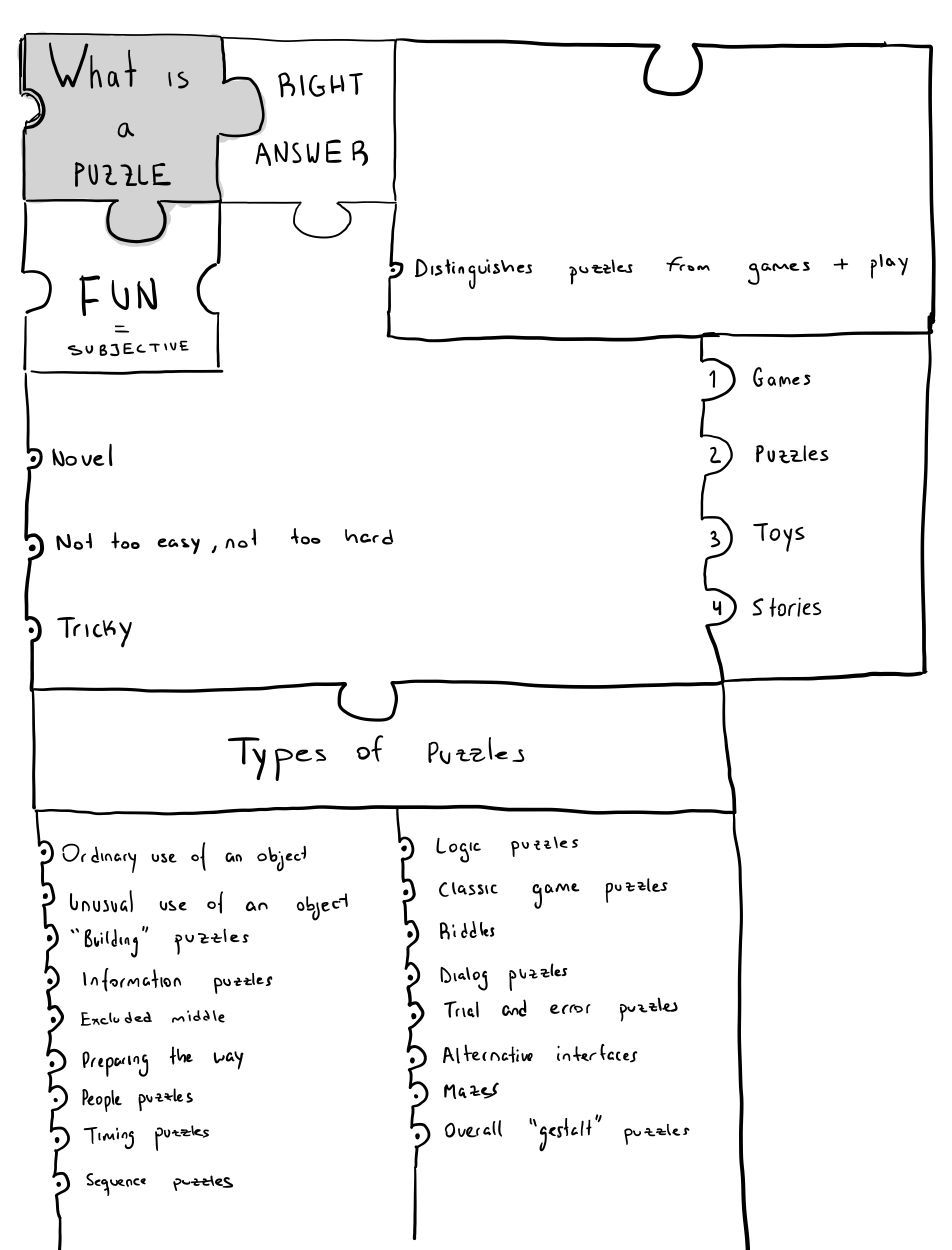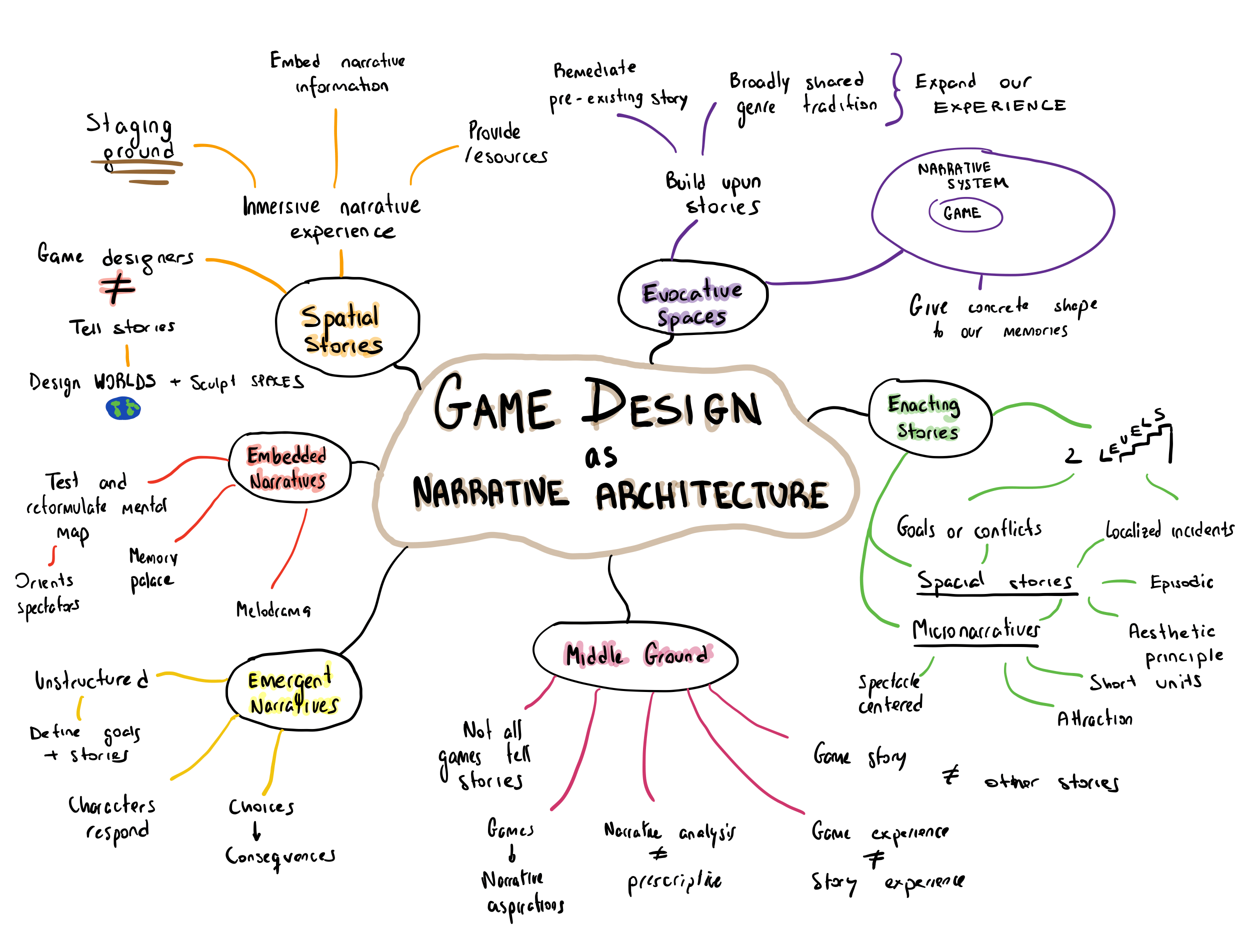Before this class, I never really considered myself a “gamer”, but I have always associated games with happy memories. From playing “truco” on the beach with my friends in Argentina, or spending hours on neverending rounds of Monopoly with my family. I realize now that before this class, I was playing these games passively. Time would pass and I would have fun with my friends, but I would never think about how or why that was happening. I also had a very limited concept of what a game was. For example, I wouldn’t have considered a narrative game a game, since it didn’t have elements that I was used to (which I now know are called formal elements 🙂 ) For me a game was some form of entertainment where someone could “win” or progress (level up). I now realize how wrong I was.
One concept that stuck with me from this class is playing games critically like a game designer. I loved the critical plays because they really helped me transition from this “passive” player, to a more active role, where I think about different elements of games as I am playing them. I’ve noticed that now when I get together with my friends to play Uno or Avalon, I’m constantly thinking about which formal elements make it so fun, and what type of fun we are experiencing. I think of ways the game could be better, mods we could add to experience different types of fun and achieve a better balance. I have even modded some games with my friends and was able to explain from a more formal perspective why the changes we were making would help or not.
However, my biggest takeaway is redefining what games are in my mind. By understanding that there are different types of fun, I am now able to see that just because someone doesn’t “win” in a game, doesn’t mean it is 1) not fun and 2) not a game. While I definitely still have a preference for certain types of games (challenge and fellowship ones) I have learned to appreciate other types that are more narrative or sensation-based.
A challenge I had for this class was my sketchnotes. I consider myself very not artistic and was very scared to sketch and doodle. I was worried that week after week I would be reproducing the same sketches that were word-based and visually non-aesthetic. My biggest turning point was when we spent almost an entire class lesson practicing and drawing little doodles on pieces of paper. From faces made with three lines to stickmen running around in hats, this exercise equipped me with tools that I was able to use throughout my sketchnotes. While I still think my notes aren’t very visually aesthetic, I have learned to see that in the end, this is not what really matters. It is more about the process of notetaking and associating small images with core concepts. I was also able to learn new structures for notetaking. Some feedback I got after my first sketchnotes was that I should experiment with different layouts and formats. I thought this was very challenging as my entire life I had been used to taking notes linearly (from top to bottom) in a structured manner. I decided to try different layouts and I am very proud of what I was able to achieve.

While this sketchnote is not one of my best (not many drawings + too wordy), I am very happy with the layout I used and how I incorporated the element of “puzzles” into it. I am now a more confident notetaker.

Experimenting with radial/mind map layout
In the future, while I don’t see myself becoming a game designer, I think the tools that I learned in this class will be very handy. From notetaking to analyzing games, I think this class set me up to experience fun in different ways, and be able to understand why. In terms of improvement on the way, I approach game making, next time I will definitely approach inclusivity and accessibility from the beginning. This quarter the accessibility lecture was one of the last ones so while we had incorporated accessibility into our game, it was a bit too late to incorporate new elements we had learned. In the future, I would like to have this as a core value of any game I make (from the very beginning) as I think inclusivity is one of the most important elements of gameplay.


